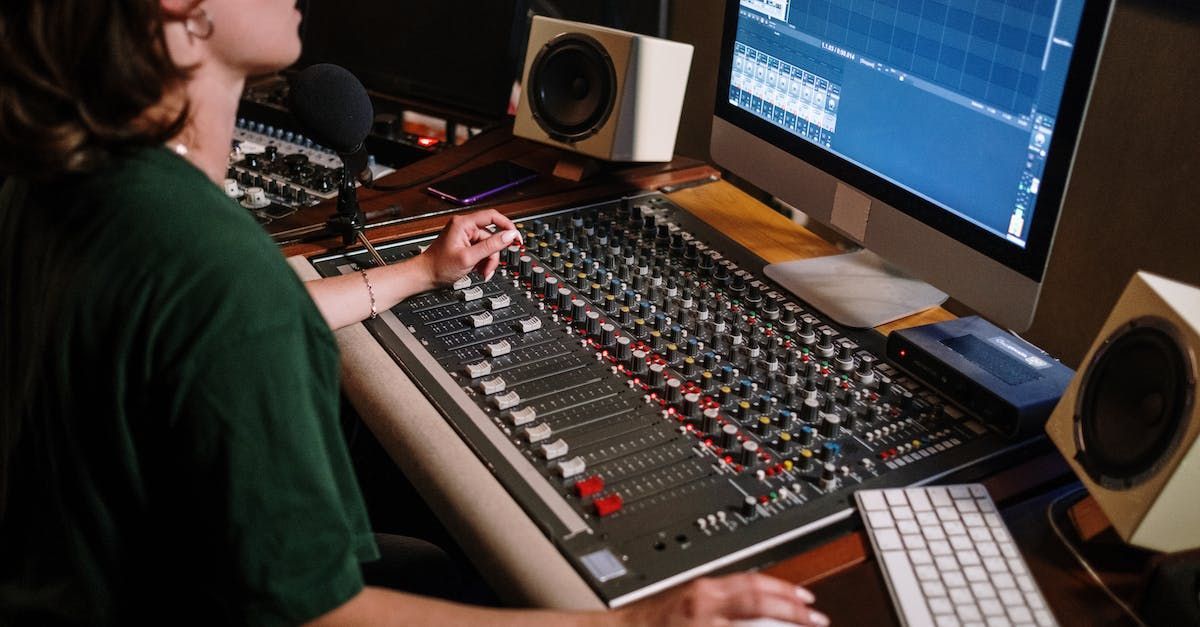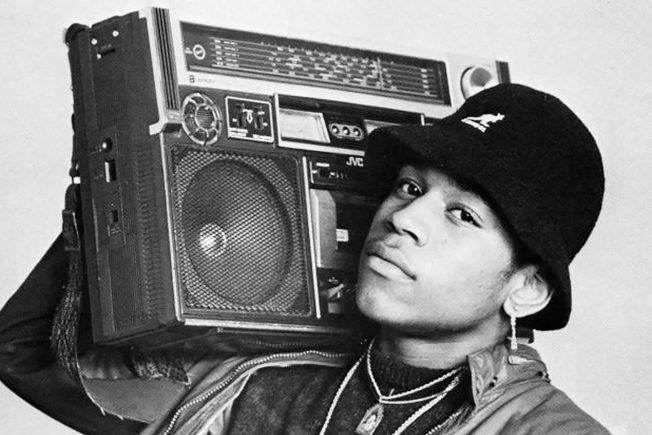Mental illness claims the lives of too many in the music industry. Mental health awareness has never been more critical. Watch this panel discussion on mental health in the music industry.
Mental Health in the Music Industry
It’s no news that the life of an artist can be challenging. On the way up, the struggle is real. Making money can be tough. Parents and are often unsupportive. Long hours spent in isolation while perfecting your craft. And, the music business is constantly changing and full of big egos.
Once an artist becomes successful, the challenges don’t go away. Demanding tour schedules take a toll on physical health. Increased time is spent away from family and true friends. Pressure builds from managers, agents, and record labels to keep the cash machine running. Sex, drugs, and alcohol become more readily available and even encouraged as part of the rockstar lifestyle.
With this unique set of circumstances awaiting artists on their journey, the importance of mental health cannot be overstated. And not just for artists, but for everyone involved in the music industry. Anxiety, depression, and substance abuse are accepted (and even expected) as a regular part of the music community. We’ve lost far too many icons and great people along the way in this noble pursuit of bringing great art to the world. It’s time for things to change!
Fortunately, we are seeing this conversation make its way into the public arena. More artists, music industry professionals, and publications are raising awareness about the importance of mental health, and we are excited to support this movement.
ICON Collective recently partnered with the ‘ Back to Back with Willy Joy ‘ podcast to host a panel at ICON discussing mental health. It was a powerful dialogue that explored real-life challenges the panelists have faced and the strategies they’ve used to overcome them. The guests included Flosstradamus, Getter, Aryay, and Blaise DeAngelo (co-founder of Areté).

Turn your passion for music into a Profession: Learn more about our Music School Programs!
MORE ARTICLES FROM THE ICON BLOG

FIND YOUR SOUND, HONE YOUR CRAFT:
Are you ready to turn music into a career? ICON prepares students to become music producers, composers, performers, recording artists, professional DJs, and entrepreneurs in the entertainment industry. Click below to get information about our award-winning programs:

